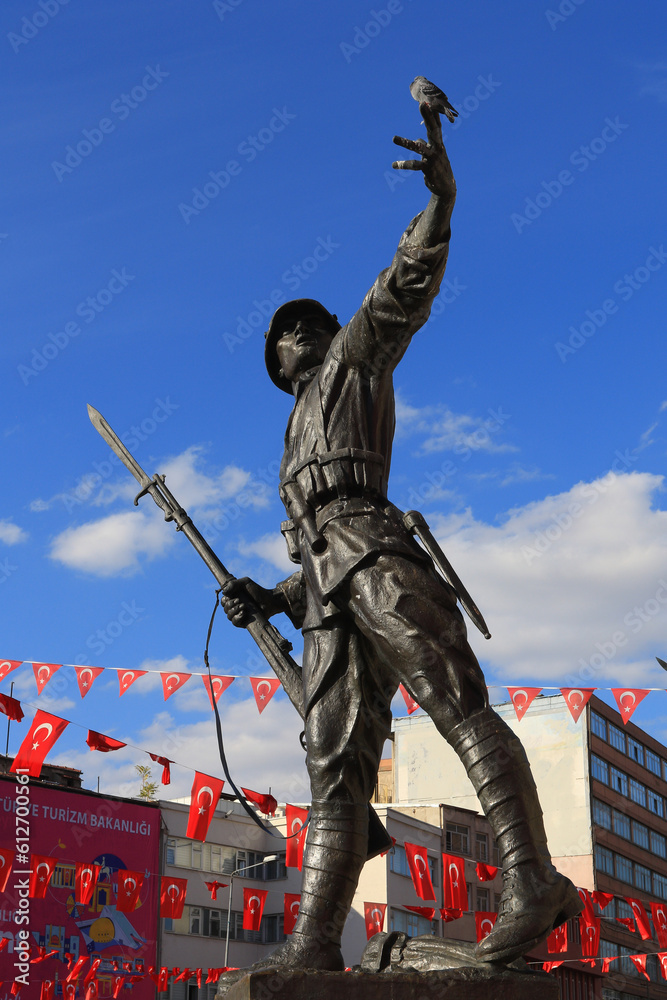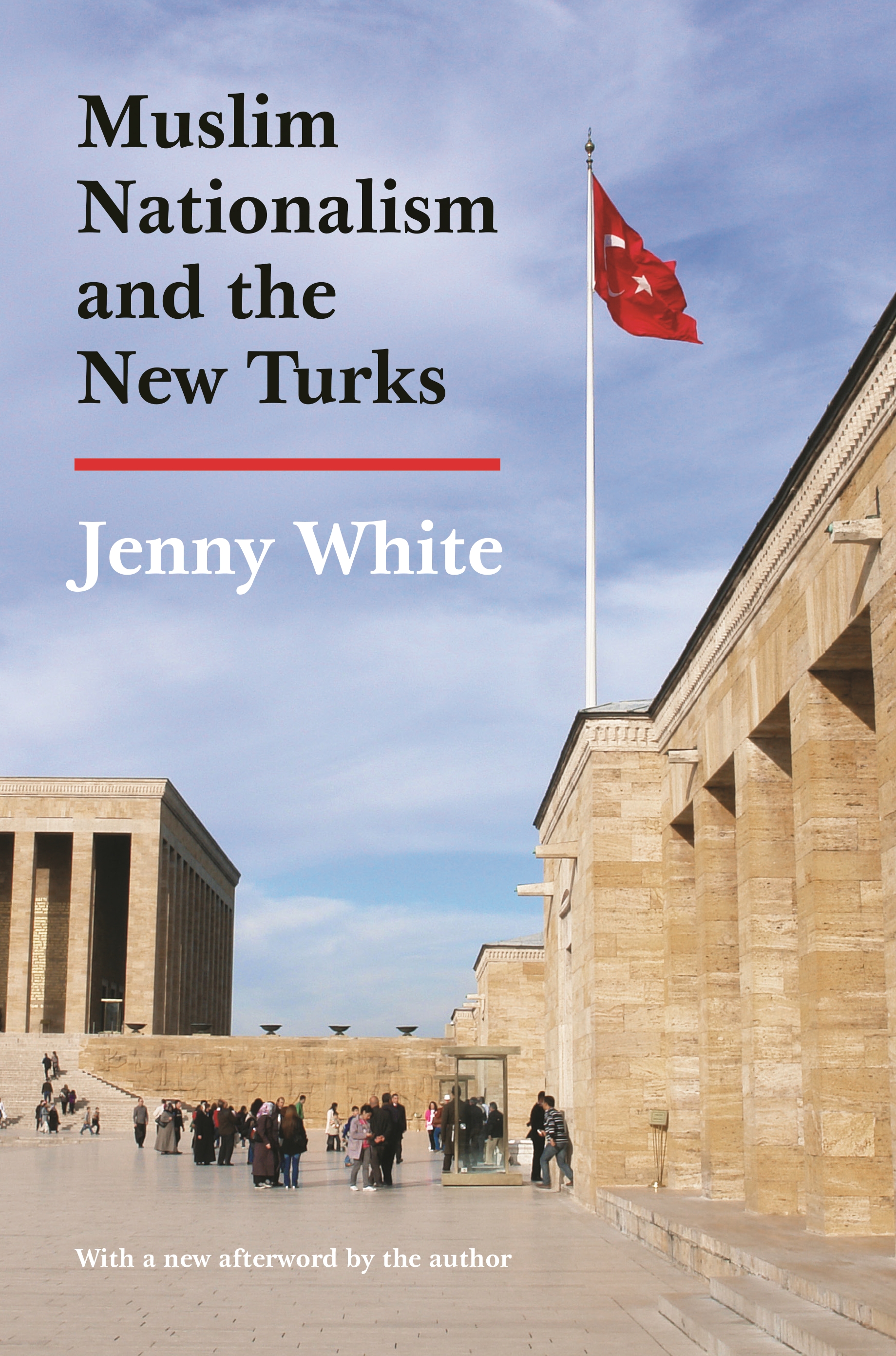Is the question of whether Turkish people are white truly that straightforward? The answer, as you'll soon discover, is far more nuanced than a simple yes or no, delving into the complex interplay of history, geography, identity, and the very definition of whiteness.
The perception of Turkish people, particularly in the West, often grapples with the rigid, often inaccurate, racial categorizations that have shaped much of Western thought. This simplification leads to misunderstandings, particularly in places like the United States, where racial identity is frequently reduced to broad categories: Black, White, and Asian. This overlooks the rich tapestry of ethnicities, cultures, and historical experiences that make up the Turkish population. To understand the complexities, it's essential to move beyond these simplistic labels.
Let's delve into a theoretical framework, exploring the role of race in the formation and maintenance of Turkish identity. This involves drawing on critical whiteness studies to connect the dots across time and space. It's about understanding how Turkish experiences fit within a global context, not just geographically but also in terms of theoretical perspectives.
The official language of Turkey is Turkish, a Turkic language spoken by the majority of the population and by significant communities in neighboring countries like Azerbaijan, Kazakhstan, and Turkmenistan. The linguistic ties offer only a glimpse into the larger story.
| Attribute | Details |
|---|---|
| Official Name | Republic of Turkey (Türkiye Cumhuriyeti) |
| Capital City | Ankara |
| Official Language | Turkish |
| Largest City | Istanbul |
| Population (2023 est.) | Approximately 85 million |
| Ethnic Groups | Primarily Turkish, with significant Kurdish, Arab, and other minority populations |
| Religion | Primarily Islam (Sunni), with a smaller Alevi population, and other religious minorities |
| Government Type | Unitary Presidential Republic |
| Geographic Location | Transcontinental country, with territory in both Europe (Thrace) and Asia (Anatolia) |
| Key Industries | Tourism, textiles, automotive, construction, agriculture, and financial services |
| Currency | Turkish Lira (TRY) |
| GDP (Nominal, 2023 est.) | Approximately $906 Billion USD |
| Major Historical Periods | Seljuk Empire, Ottoman Empire, Turkish Republic |
| Member of International Organizations | United Nations, NATO, Council of Europe, Organization for Economic Co-operation and Development (OECD) |
| External Link | Britannica - Turkey |
The question of “whiteness” becomes even more convoluted when considering the historical context. The Ottoman Empire, which preceded the modern Turkish Republic, was a vast and diverse empire spanning multiple continents. This history has left an indelible mark on the genetic makeup and cultural identity of the Turkish people. The term Turk itself encompasses a wide range of ethnicities and backgrounds.
The complexities of Turkish identity are further highlighted by the government's own attempts to map the ethnic origins of its citizens. The results, as noted by The New York Times, challenge the notion of a purely racial Turkish identity, proving that the reality is a blend of cultural heritage and various genetic traits from different backgrounds, a story of shared and diverse heritage.
On online forums, such as Reddit, the topic sparks heated debate. Some users claim that those who appear white may not be authentically Turkish, but rather descendants of groups like Greeks or Armenians, adding to the discussion. It's important to treat this discussion with care, as it also points to the sensitive nature of the topic within the country.
Since the establishment of the Republic, Turkish national identity has been, and continues to be, a dynamic and ever-evolving concept. The limitations and contradictions of this national identity are coming to the fore, as the country becomes a more complex society. It reflects that the definition of who is Turkish is in constant flux, shaped by both internal and external factors.
Geographically, Turkey sits at a crossroads, straddling both Europe and Asia. Its location has fostered cultural exchange and interaction for centuries, further complicating the issue of racial classification. This blend of cultures and geographic influences is a significant aspect of Turkish identity.
The term Turkish itself is not a monolithic concept; it encompasses various ethnic groups, with Turkish people comprising the majority. Centuries-old Turkish communities exist across former Ottoman territories. But the story of Turkey is more complicated than simple demographics.
The very idea of race is a social construct. It’s a way of organizing people based on perceived physical differences and has been used to establish hierarchies and justify discrimination. To apply these constructs to Turkey is to ignore both history and geography. The attempt to categorize a population based on these overly simplistic ideas will inevitably lead to an incomplete and misleading understanding.
The notion of race is a European one. The country's location is a geographical bridge between multiple cultures, which is further blurring the lines in terms of racial classification. This leads to a fascinating, but sometimes confusing, reality.
The attempt to define Turkish people as either white or people of color is a simplistic approach that does not account for the complex history, location, and cultural diversity. It is essential to move beyond these broad categorizations to truly grasp the richness and complexity of Turkish identity.



